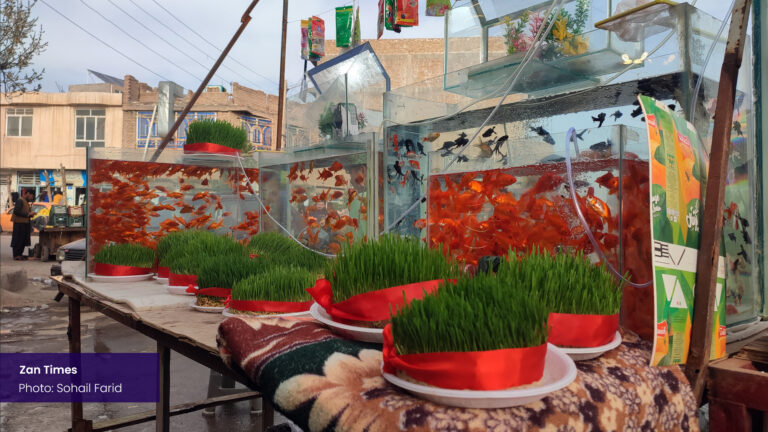
A reflection on the role of knowledge
At the time of writing these lines, thousands of people in different parts of the country are being forced out of their homes and subject to all kinds of systematic and structural violence, including murder. Millions of women in Afghanistan are denied the right to education, movement, employment and membership in society. Because of their gender, millions of people have been silently removed from the public scene, and been structurally deprived of taking control of their historical, economic and social destiny.
Nevertheless, so far the domestic and international reactions have not gone beyond issuing statements of concern and publishing reports. The crimes and violence of the Taliban have either been met with mere frustration, indifference, or passivity in the court of public opinion. What has kept the collective memory awake in the meantime are the struggles of Afghan women. They are the only group who have kept hope alive for the future. Women have rightly realized that education is the only path available to change their subordinated position. Tracking the experience of their individual and group efforts under Taliban rule shows that their resistance, although fragmented and without support, is the only dynamic force.
It was just last week that female students marching in Paktia made headlines. Accepting all risks, they protested Taliban policies with the slogan “Open Girls Schools.” In the latest case, the Taliban minister of education said that their decision to ban the education of girls (above the sixth grade) is in accordance with the cultural, moral, and social norms of the Afghan society. The claim was met with widespread reactions from people across the country.
The missing element is a social force that can understand, reflect, and expand the causal relationship between the Taliban’s value system, the consolidation of women’s inferiority and the continuation of a societal crisis. We need people who know the essence and purpose of the Taliban’s animosity to women’s education, a force that can explain the role of progressive education in improving the status of women as well as stability, sustainable peace and democracy. The historical experience of the last two hundred years shows that if the centres of learning are closed to women, no fundamental change is possible. Women can overcome the barrier of repression only by learning and participating in the production of knowledge. Access to education is not only a citizenship right; education is women’s path to confronting patriarchy and other forms of structural oppression. Education is an opportunity to regain identity, respect, credibility and social worth.
The proof is in the history of social revolutions. All research in development studies shows that women’s education is a prerequisite for sustainable growth and development — to which the Taliban is antagonistic. We know that contrary to dominant narratives, the Taliban is the embodiment of a hegemonic crisis, in the sense that they represent an ideological class and military minority, who, through violence, inculcate a set of binary moral assumptions: right and wrong, just and unjust, sin and reward. Their interests, like other totalitarian forces, depend on imposing their limited and defective worldviews. Their justifications have no relation with the truth. Claiming that their policies follow cultural values is fundamentally invalid.
It is up to us to distance ourselves from the current poisonous atmosphere. We should address the constructive aspect of the current tragedy and not reduce it to the level of dominant understanding of gender oppression. The roots of this oppression cannot be reduced to women’s conflict with men. We women must know the epistemological foundations and the mechanics of how reality is distributed in all systems of domination. Specifically, we should know why the Taliban are antagonistic to women’s education. We should reflect on what opportunities exist for women’s education in the modern system. We need to know the role of knowledge production in creating fundamental changes in the existing sexist social order. How, in the context of Afghanistan, can we create alternatives and expand the informal, advanced, and modern educational network?


